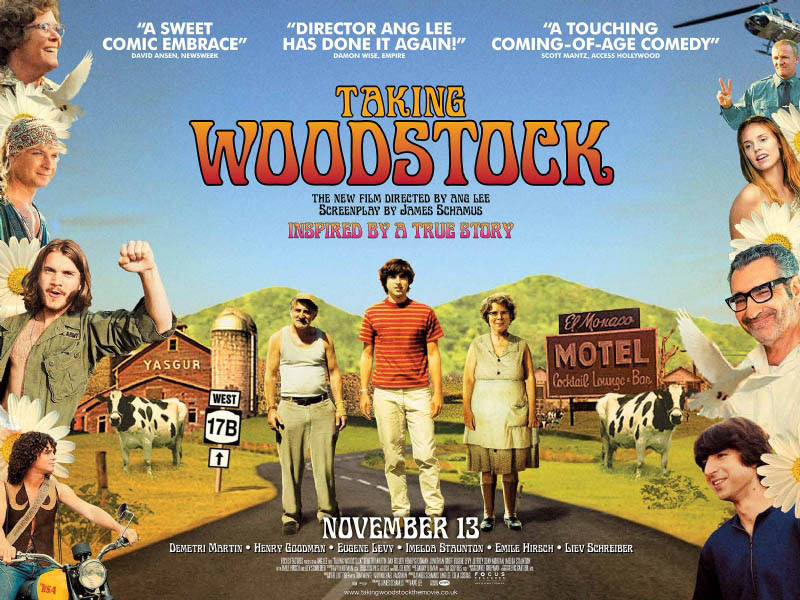
Short Reviews
Reviews of the novel, Inferno Heights, by John Mitzel, and the movie, Taking Woodstock.
More
Reviews of the novel, Inferno Heights, by John Mitzel, and the movie, Taking Woodstock.
MoreMovie review
More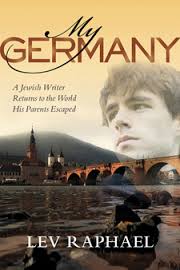
Reviews of the books: My Germany, and The Torturer’s Wife & Fool For Love, and the movie, Tal Como Somos.
More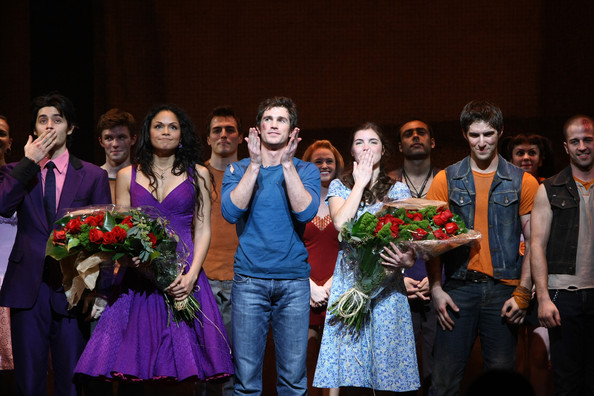
The Broadway revival of West Side Story that opened at the Palace Theatre earlier this year was supposed to arrive in time for the show’s fiftieth anniversary at the end of 2007, but didn’t quite make it. Yet it was worth the wait.
MoreLATE IN EVELYN WAUGH’S Brideshead Revisited (1945), narrator Charles Ryder finds himself trapped in a loveless marriage and still in love with a married woman, Lady Julia Mottram, whose physical likeness to her brother Sebastian is what Charles has been drawn to all along.
More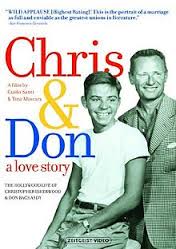
IT HAPPENED on a typical day in sun-drenched Southern California in the
early 1950’s. Two men met on the “queer” side of Will Rogers Beach in
Santa Monica….
More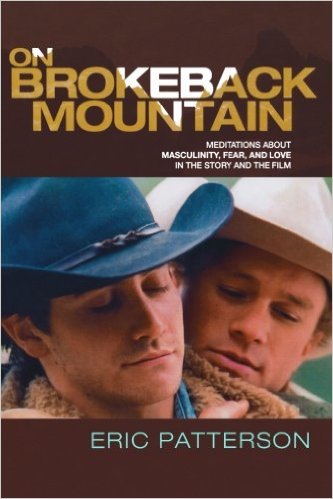
Reviews of On Brokeback Mountain: Meditations about Masculinity, Fear, and Love in the Story and the Film; Swish: My Quest to Become the Gayest Person Ever; Chronicle of a Plague, Revisited; and The Beautiful Tendons: Uncollected Queer Poems, 1969 – 2007.
MoreIN AS MUCH AS the teenage boy at the heart of Gus Van Sant’s new film has nothing funny or articulate to say, Paranoid Park may become this year’s anti-Juno.
More… While there were noticeably fewer GLBT films at this year’s Sundance than in recent years, the festival never fails to recognize filmmakers whose work projects the lives of gay people into the cultural landscape. …
MoreThis exclusive interview with Eytan Fox was conducted in person in Los Angeles late last summer. The interview focused on his most recent movie, The Bubble…
More